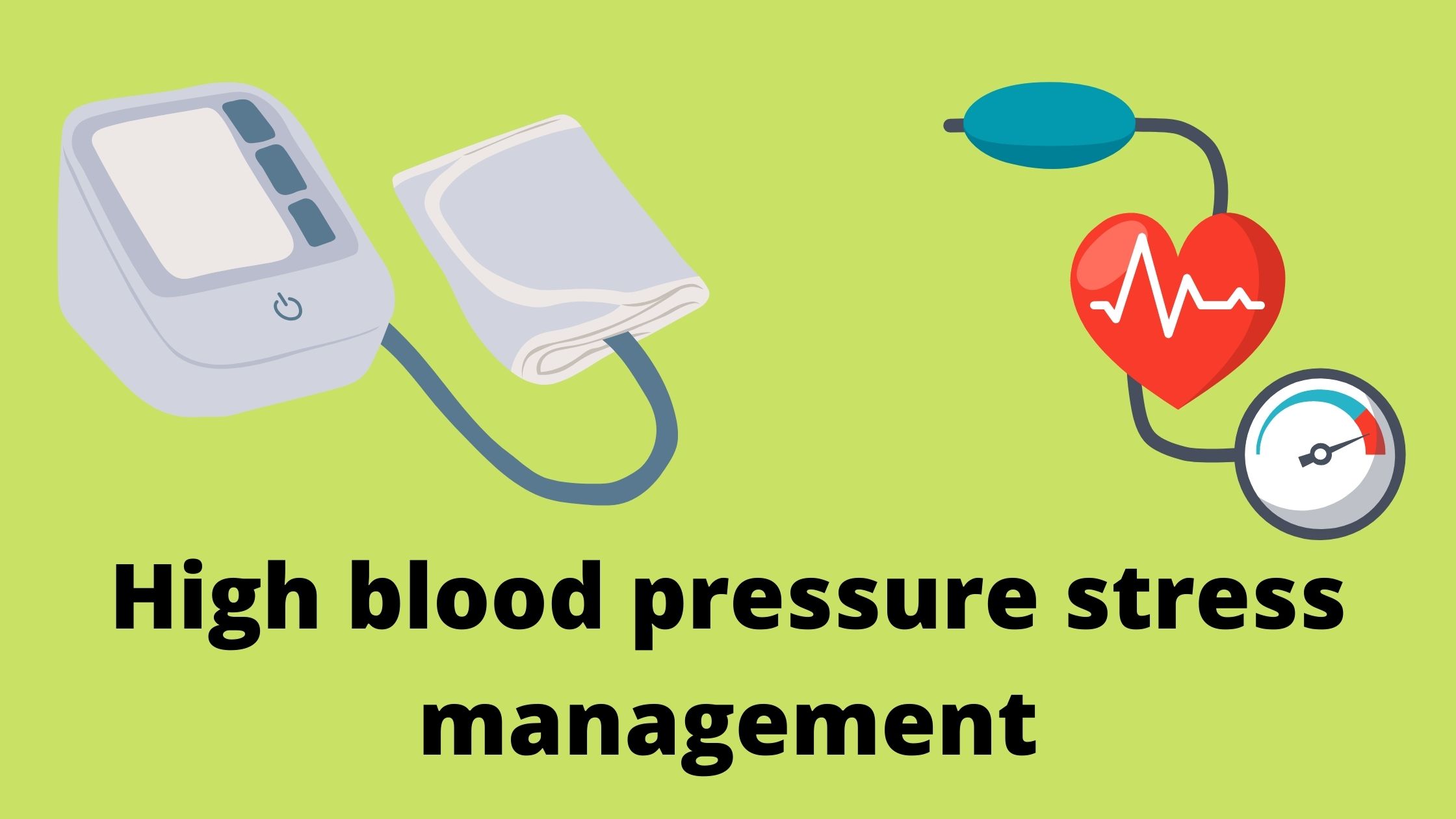As more and more people are becoming aware of the dangers of high blood pressure, it is important to find ways to manage this condition. High blood pressure stress management can be a way to control the symptoms of high blood pressure with a variety of natural treatments.
There are many books on the market that offer advice for managing your hypertension in a healthy way, but not all these methods will work for everyone. The best thing you can do when looking into high blood pressure stress management is consult physicians who specialize in hypertension treatment and prevention.
In addition, there may be some lifestyle changes that need to be made such as reducing salt intake or making dietary changes if necessary. These things should always be discussed with your doctor before starting any new plan so you do not exacerbate your condition.
What is high blood pressure?
High blood pressure is when the pressure of the blood against your artery walls is too high. The more your blood pressure goes up, the more your heart must work to pump it around your body. This can cause your heart to become bigger and thicker, leading to health problems. High blood pressure is also known as hypertension.
What Are Some Other Symptoms of High Blood Pressure?
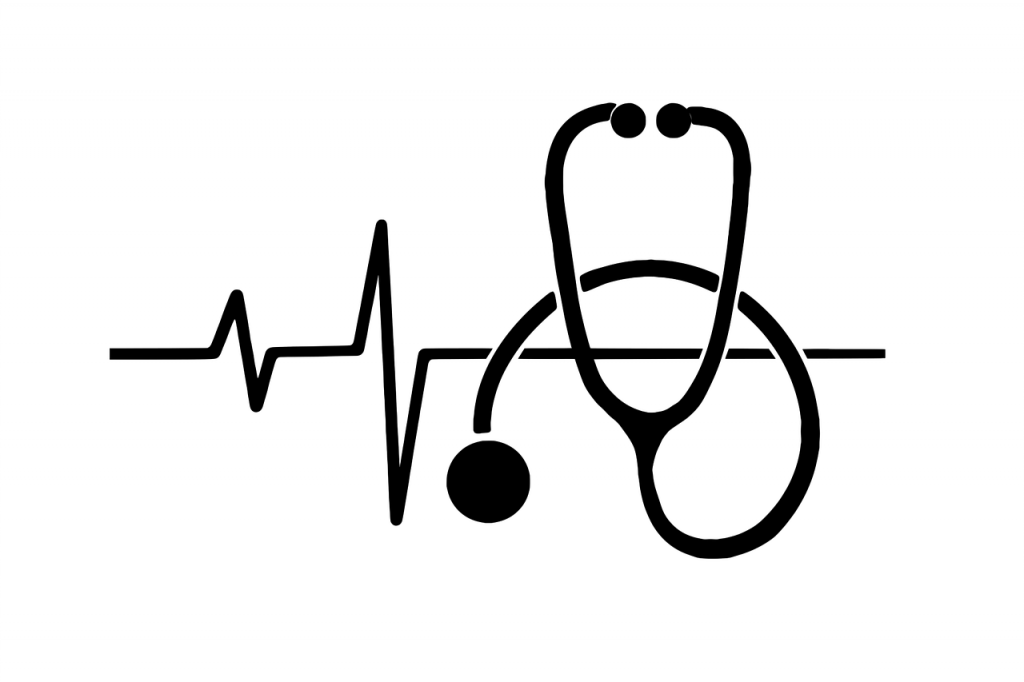
Common symptoms of high blood pressure are dizziness, headaches, chest pain, tachycardia (a fast heart rate), hypertension (high blood pressure), swelling in the feet and ankles, sensitivity to light, shortness of breath due to fluid retention in the lungs, reduced urine output, blurred vision due to excess fluid buildup behind the eye lens.
Is high blood pressure dangerous for people?
High blood pressure is a dangerous medical condition that can be treated with medications. It is characterized by an elevated blood pressure when the systolic or diastolic pressure, respectively, exceeds 140/90 mmHg according to the WHO.
The condition can be caused by a variety of factors such as obesity, inactivity, and smoking, and in some cases, it is also hereditary.
Every human being has a certain level of blood pressure in their veins that determines if they have high blood pressure or not. This is because your heart pumps blood out through an organ known as the artery which leads to the rest of your body.
The higher this number goes, the more difficult it can become for your heart to pump enough blood around your body which can result in you feeling very ill.
Is it Normal for BP to Be High When Stressed?
When you experience stress as a part of your day-to-day life as an adult—whether it’s work or family life—your body gives off a hormone called cortisol. This causes your blood pressure to go up for short periods of time.
But if you’re constantly stressed from things like illness or financial problems, your cortisol levels may remain high. This can lead to long-term hypertension due to having constantly elevated blood pressure, which is not healthy for the body.
“When you are stressed, your natural response is to protect yourself in some way,” says Dr. James Meschino.
This means that when you’re under stress, your blood pressure is likely to increase.
Can Stress and Anxiety Cause High Blood Pressure?
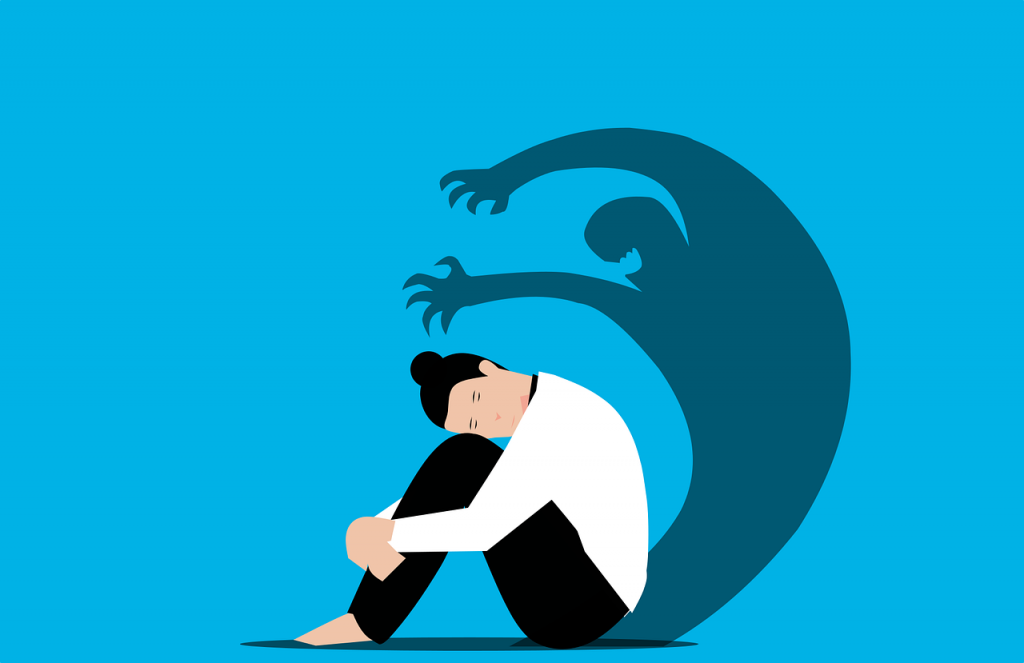
Stress and anxiety have been associated with a number of health issues. One particular health issue that research has indicated to be a problem for many people is high blood pressure. Studies have shown a link between stress and anxiety and the development of high blood pressure.
It is important to know what can lead to high blood pressure in order to address this issue. If you are feeling stressed or anxious, it’s important that you consult your doctor.
There are also some steps that can be taken at home to reduce your stress level such as deep breathing exercises, meditation, and keeping a journal. The best thing you can do for your overall health is work towards reducing the level of stress and anxiety you experience.
One study that provides insight into the connection between stress and anxiety and high blood pressure comes from researchers at the University of North Carolina at Chapel Hill.
The 2010 study showed a direct correlation between mental stress and physical stress, such as exercise, on cardiovascular function. The study concluded that reducing the amount of mental stress in your life can reduce your cardiovascular reactivity to physical stress.
In another study, researchers from the University of Pittsburgh showed that people with high levels of anxiety and depression were more likely to have higher blood pressure readings during a mental stress test than those who had lower levels of psychiatric symptoms. Again, this research indicates a connection between stress and high blood pressure.
In a study published in 2010 by the British Journal of Health Psychology, researchers from Deakin University conducted a controlled experiment utilizing a cognitive-behavioral training program to see if it would have an effect on hypertensive people who showed signs of anxiety and stress.
The study concluded that the CBT program was able to reduce anxiety as well as blood pressure levels in hypertensive people.
Having high blood pressure is treatable but it can also be a sign of another serious health problem. If you are experiencing stress or anxiety, both of which have been linked with high blood pressure, speak to your doctor about the best way for you to address this issue and take steps toward better overall health.
How can I lower my blood pressure from anxiety?
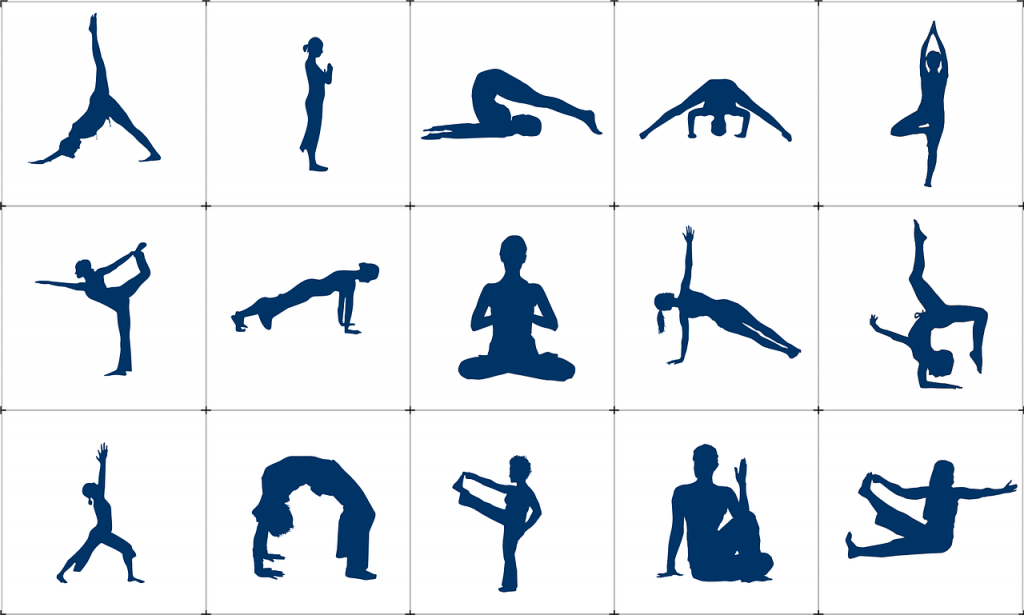
People often experience high blood pressure due to stress, which is triggered by any type of worry. This type of lifestyle is known as the “white-collar” job.
Traditional Eastern medicine recommends staying away from these types of jobs because they are stressful for the body and mind. Stress also has a negative effect on the autonomic nervous system, leading to an increase in blood pressure levels.
There are many ways to lower your blood pressure from anxiety. The most important thing is to reduce the sources of stress, replace them with more relaxing activities, and make sure you get enough sleep every night.
Here are some recommendations for lowering blood pressure levels due to anxiety.
First of all, try not to worry too much about the small stuff. Sometimes our worries are way over the top, and in most cases, they don’t even make sense. Try to think about all the things that might go in a different way, but try not to dwell on them too much.
If you want to lower blood pressure from anxiety, it is also very important for you to plan ahead. This is your mind’s way of knowing when to expect what, and it gives you a sense of calmness.
Next, try to avoid too much caffeine, nicotine, alcohol, drugs, or any other type of stimulant that will make your blood pressure go up.
Get enough sleep every night – this is very important in regulating the hormone levels that will help with your blood pressure. Stress trickles down to your body and has a negative effect on all of the organs, so make sure you get enough rest every night.
If you want to reduce anxiety and lower your blood pressure, it is also very important for you to exercise regularly. Exercise releases endorphins, which are hormones that are known to improve your mood. Your blood pressure goes down after exercising too, so make sure you go for a run or lift some weights at the gym.
If these tips aren’t enough for you, do not hesitate to consider alternative methods of lowering high blood pressure levels from anxiety. I would recommend talking to a therapist, psychiatrist, or herbalist.
How do you calm down high blood pressure quickly?
You should start by avoiding high salt and sugar foods, consuming a lot of water, and cutting back on caffeine. You also need to reduce your daily stress levels by going for a walk, doing yoga, or meditating. Try these quick tips to relieve your symptoms and lower your blood pressure in no time!
It is important to know the causes of high blood pressure so you can begin to treat it. Common causes of high blood pressure are smoking, alcohol intake, lack of exercise, and stress/anxiety. By avoiding these factors with some minor changes to your lifestyle you will be on your way to reducing your blood pressure in no time!
Briefly list the main points of the article in bulleted format
- Avoid high salt and sugar foods.
- Consume a lot of water.
- Reduce your daily stress levels by going for a walk, doing yoga, or meditating.
- Have a healthy weight to help reduce high blood pressure.
- Lose 5 pounds in a week!
How do I relieve stress?
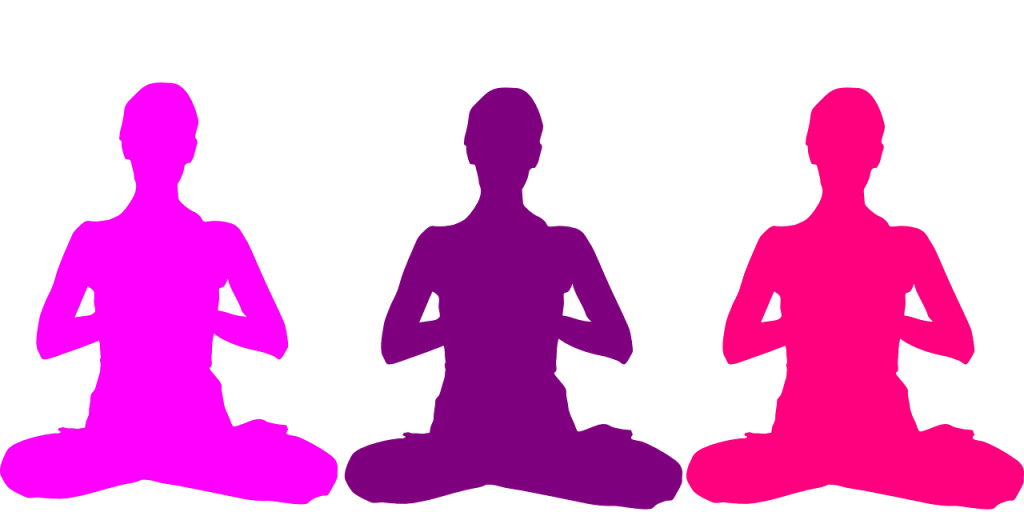
What is stress? Stress may be defined as a feeling of strain and pressure. It is the state that arises from doing too much or wanting to do more than we can.
We experience stress on many levels: physical, emotional, mental, social, and spiritual. When we are hungry or tired, stressed or anxious, it can be hard to live up to our potential. We may not function as well physically, emotionally, and socially as we would if we were healthy and balanced.
When we are under stress, our bodies secrete chemicals called cortisol and adrenaline. These make us feel anxious and alert, which is great if we actually need to fight or flee from danger. But if our bodies react like this on a regular basis, this makes us more prone to becoming ill.
If you are feeling stressed, this may be because of too many demands on your time or energy. You might not have enough time for yourself or friends and family, or you might think that you have to do everything perfectly. Maybe this is because of unrealistic expectations or pressure from others.
The best way to manage your stress levels is to take time for yourself to think about your needs. You may have been neglecting yourself, and just moving from one task to the next without a break, allowing yourself time to relax and feel refreshed.
Some people like to exercise to let off steam, others like to take a hot bath or listen to their favorite music. You may find it helpful to talk through your problems with someone you trust, like a family member or friend. Sometimes talking about our problems can make them seem less overwhelming.
You could also try some relaxation techniques, like meditation or yoga. There are many CDs available to help you learn these techniques. Mindfulness has recently become very popular with doctors and psychologists, as it can help people cope better when life gets tough!
And of course, there are lots of ways to have fun. Why not go out with some friends or family members? Indulge in your favorite hobbies. Do things that make you feel good! Spending time with people who care about you is the best way to beat stress.
Once you have identified your stress triggers, you might want to consider ways of managing your time or changing your expectations of yourself and others. You could see if there are any activities that will help you feel better, like exercise, meditation, or talking to people you trust. Sometimes just the act of identifying what’s causing your stress can help you manage it better.
High Blood Pressure Stress management training
One way to manage the level of stress in your life is to take a break from it by practicing some form of meditation or visualization exercises on a regular basis. These exercises will help you connect with your thoughts and emotions on a deeper level, making you more aware of what’s going on inside yourself.
When you meditate, the first step is to find a quiet spot where you won’t be interrupted. Sit comfortably with your hands resting on your thighs. Close your eyes and take some deep breaths through your nose, focusing on what you’re feeling like the air moves in and out of your body.
As thoughts come into your mind, just let them go. If you have a specific worry or “why” question, then ask it silently in your mind and wait for an answer that seems right to come to you. Then, let the answer go and return to deep breathing. (This process is called mindfulness meditation.)
Once you’ve practiced this for a few minutes several times during the day, you can then start to visualize a peaceful scene that brings you joy or happiness. This could be anything from sitting in front of the ocean, hiking through the woods, enjoying a warm bath whatever makes you feel most relaxed and at ease.
In order for this form of relaxation to work best, it’s important not to allow your body to fall asleep. Keep your eyes open during the visualization, and do some simple stretches or pick up a light object like a feather or paper clip anything that will keep you alert rather than relaxed. If your mind wants to wander off to thoughts of work or other concerns, focus on your breathing again instead by drawing in deep breaths with each inhalation and exhalation.
Focusing on your breathing will force you to remain calm, steady, and centered. Be sure to take deep breaths rather than short ones, as the latter isn’t enough oxygen for the body to function properly. You want to feel energized rather than drowsy after practicing this form of meditation.
Read other blogs like irritable bowel syndrome stress management from the website.
Final Thoughts
To help manage your blood pressure, make sure to eat a healthy diet and get plenty of exercises. You should also reduce the amount of salt you consume and avoid eating too much-processed food or fast food. Reducing stress is another way that can help lower blood pressure levels. Practice deep breathing exercises when you feel stressed out and try yoga for an all-over body relaxation technique! High blood pressure stress management can be done by leading a balanced life cycle.

